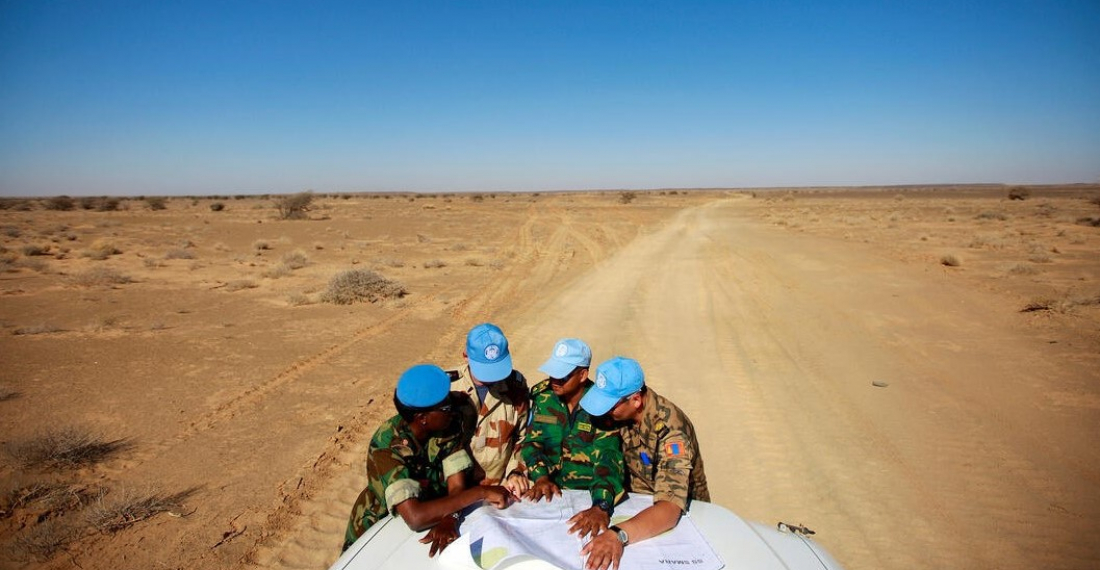The United Nations Security Council, in a resolution, on Friday (29 October) called on all parties involved in the Western Sahara dispute to resume negotiations “without preconditions and in good faith” in search of a “just, lasting and mutually acceptable political solution”. The resolution also extended the mandate for the UN Mission for the Referendum on Western Sahara (MINURSO) for another year until 31 October 2022.
Efforts to extend MINURSO were led by the United States, who under former president Trump recognised Moroccan sovereignty over the disputed area. However, the UNSC resolution does not recognise Moroccan sovereignty and called for the self-determination of the Sahrawi people.
Morocco, which views the Polisario as an Algerian proxy, welcomed the UNSC’s resolution calling upon Algeria to take part responsibly and constructively. However, the Polisario Front sees itself as a liberation movement that should negotiate directly with Rabat.
Earlier in October, the United Nations appointed the Italian - Swedish diplomat Stéphane de Mistura as the new envoy for the Sahara after the position was vacant for two years.
UN spokesman Stéphane Dujarric described the appointment as a ‘positive sign, adding that de Mistura will assume his responsibilities from 1 November and will be based in Brussels.
De Mistura will have to take into account the recent events that happened in El Guerguerat that breached the ceasefire, and the brewing tensions between Algeria and Morocco with regards to Western Sahara. De Mistura is a diplomatic heavyweight, however, experts argue that the personality of the envoy does not matter as much as the willingness of the parties to resume negotiations and the need to identify a format for moving the negotiations forward.







